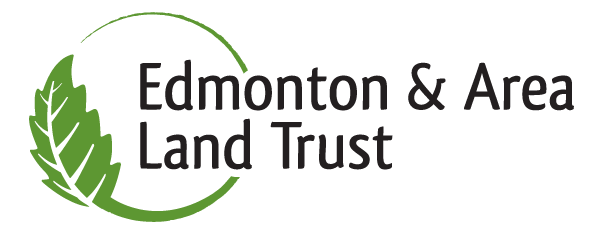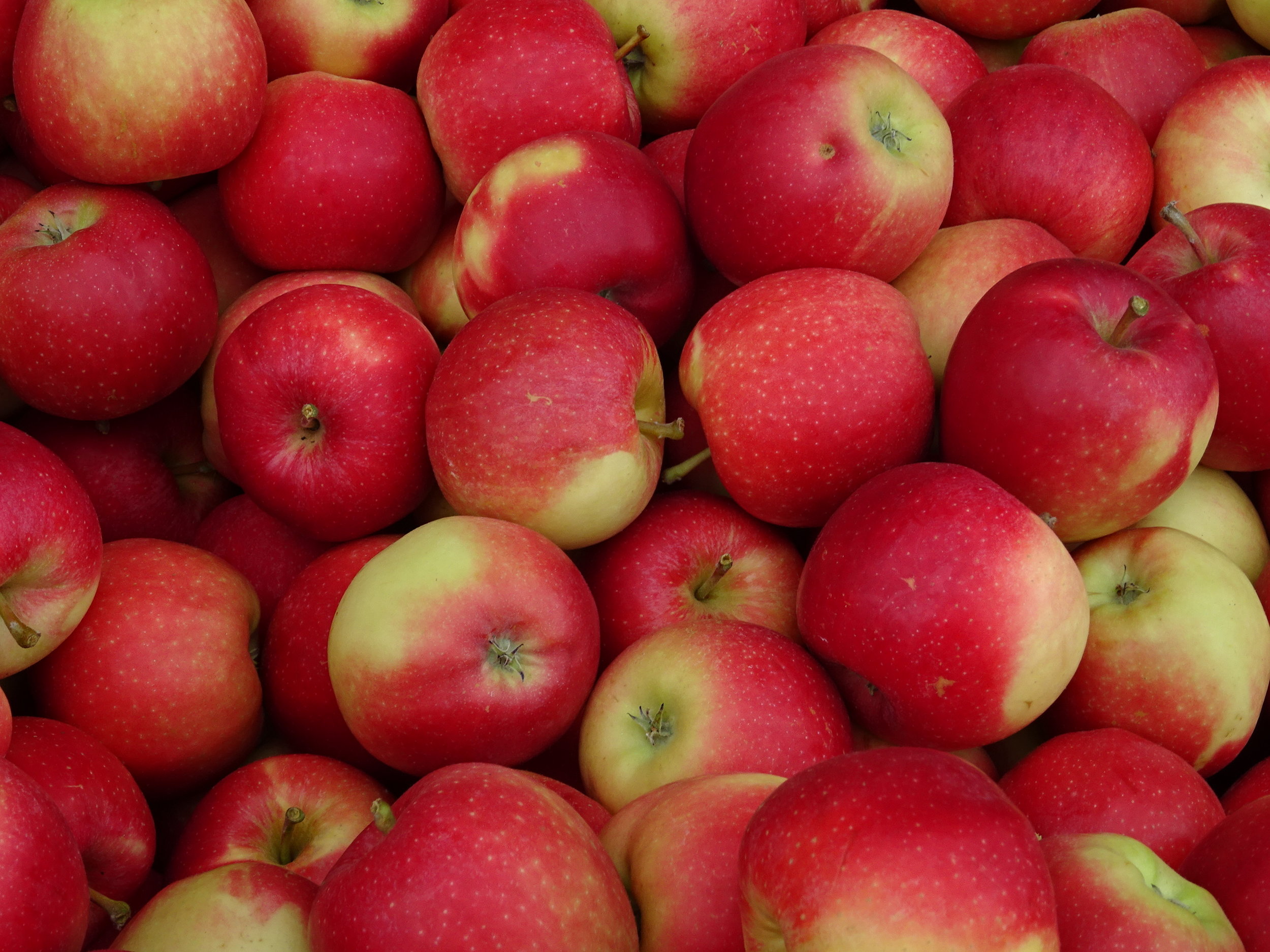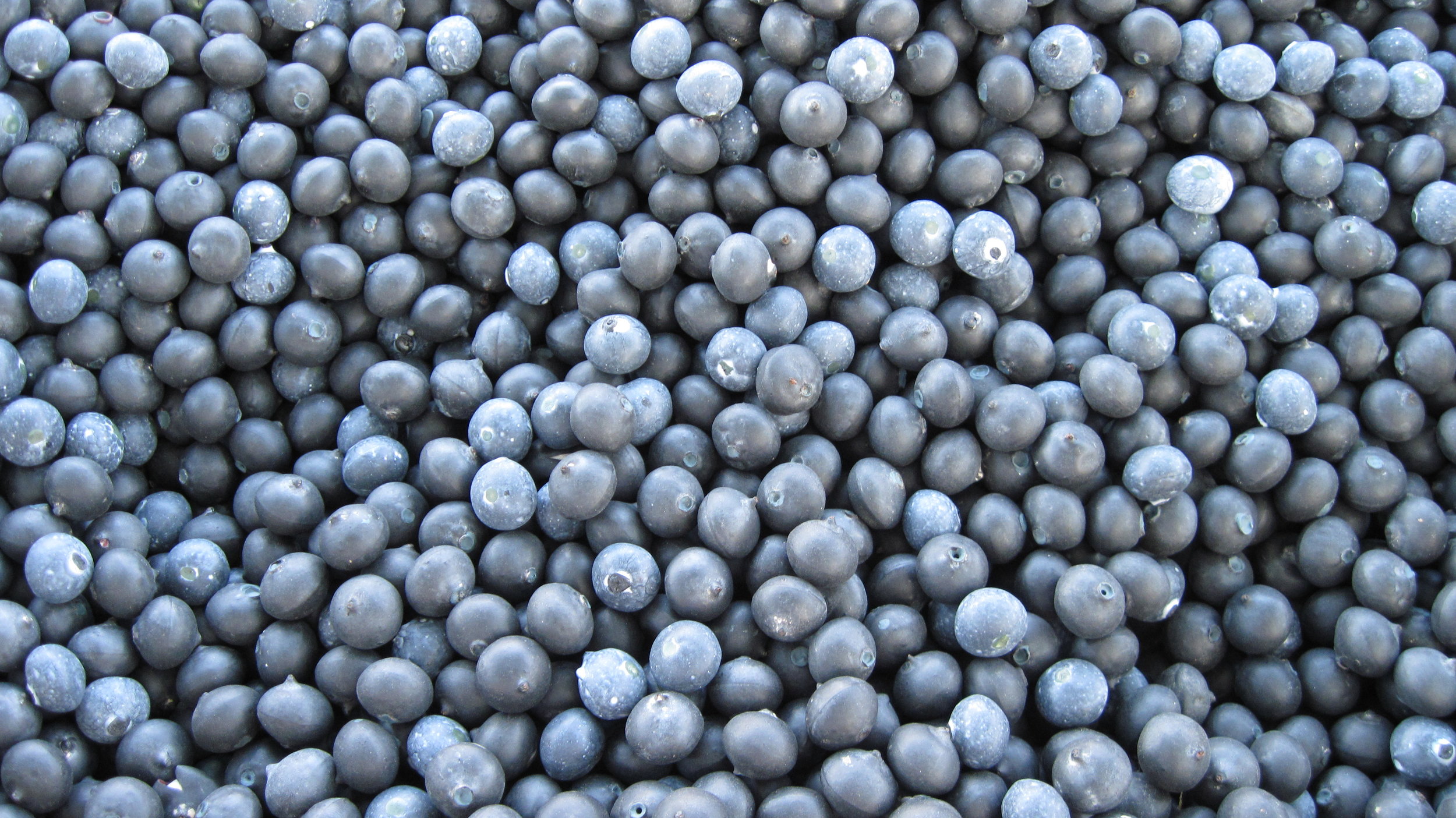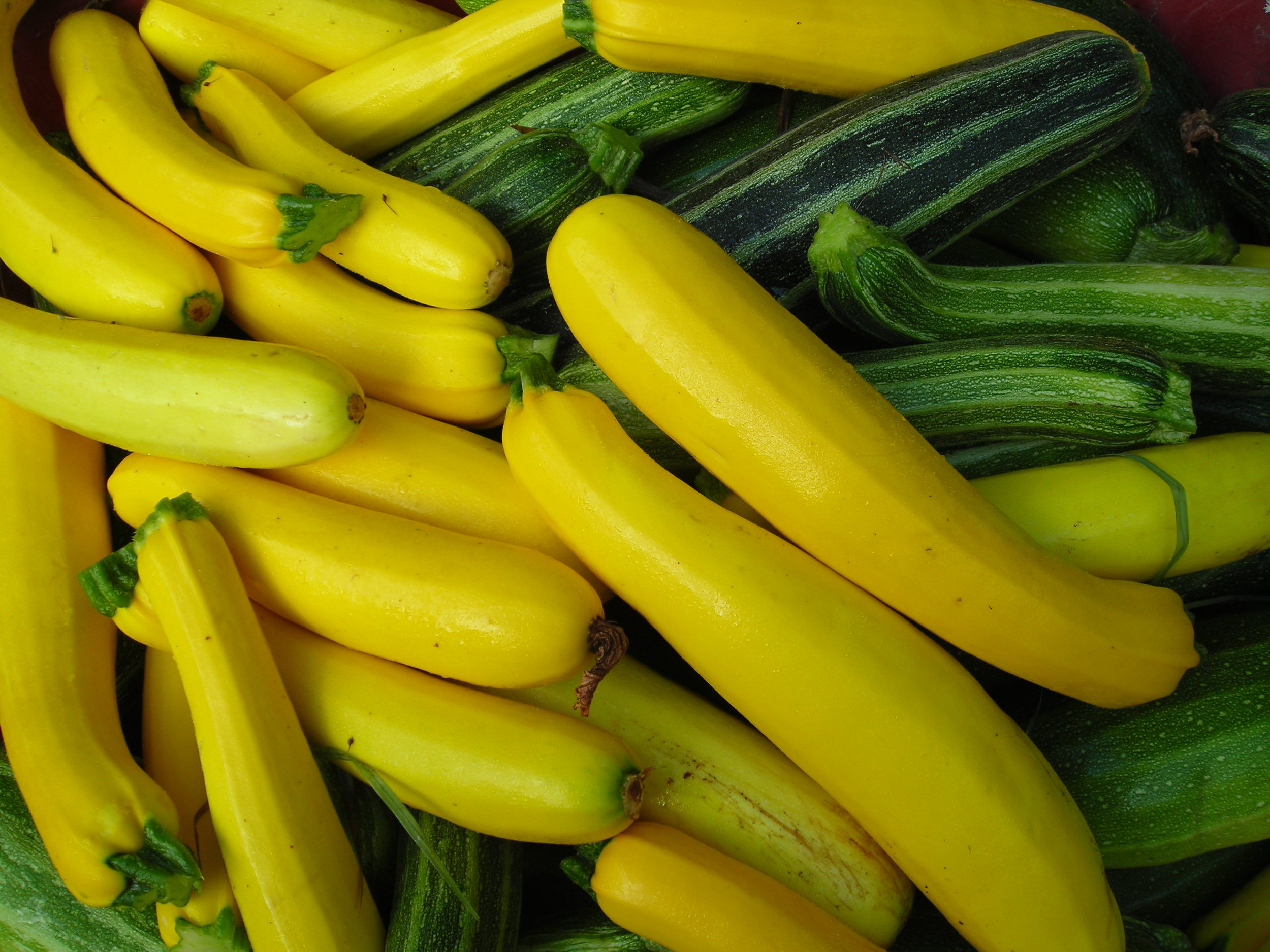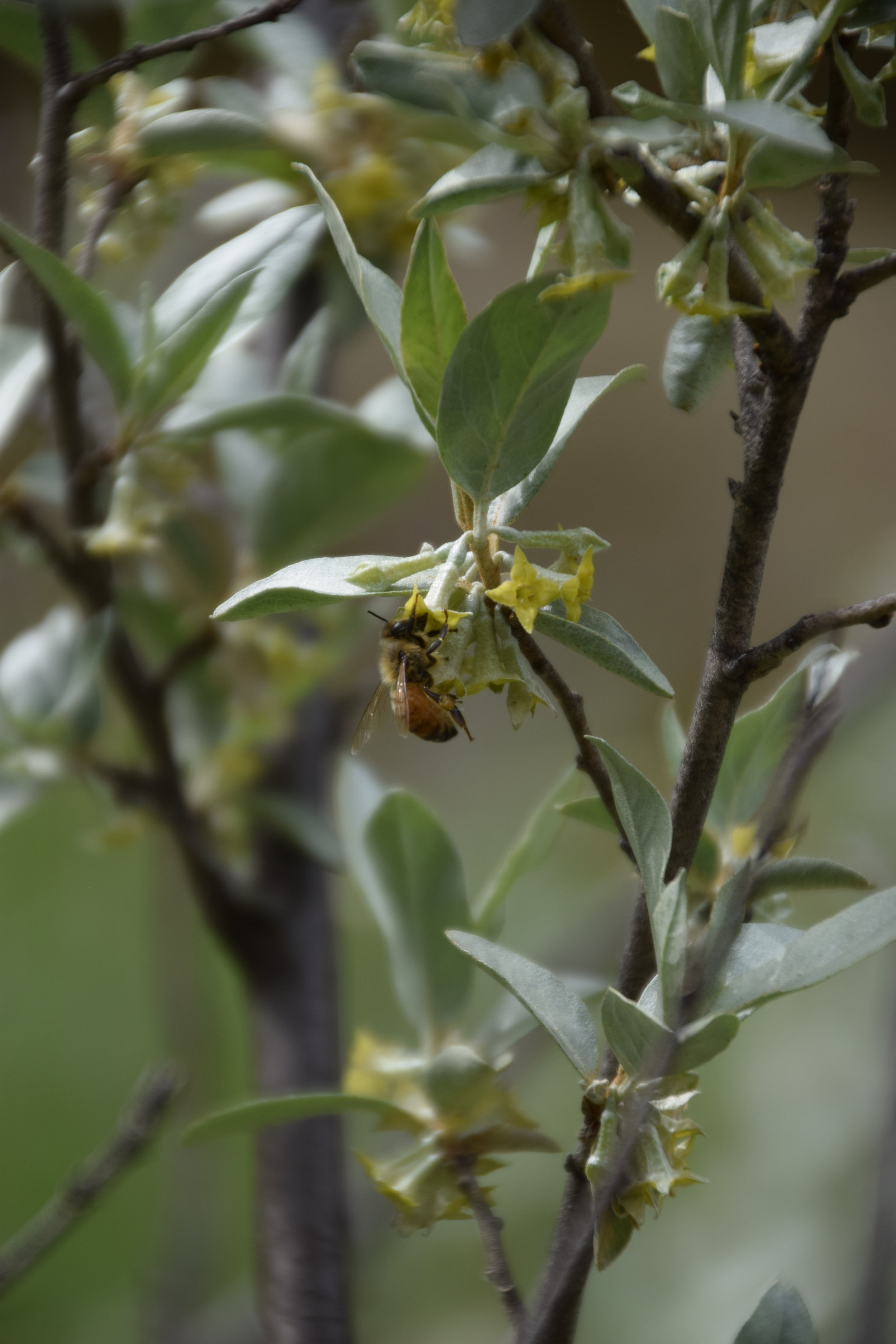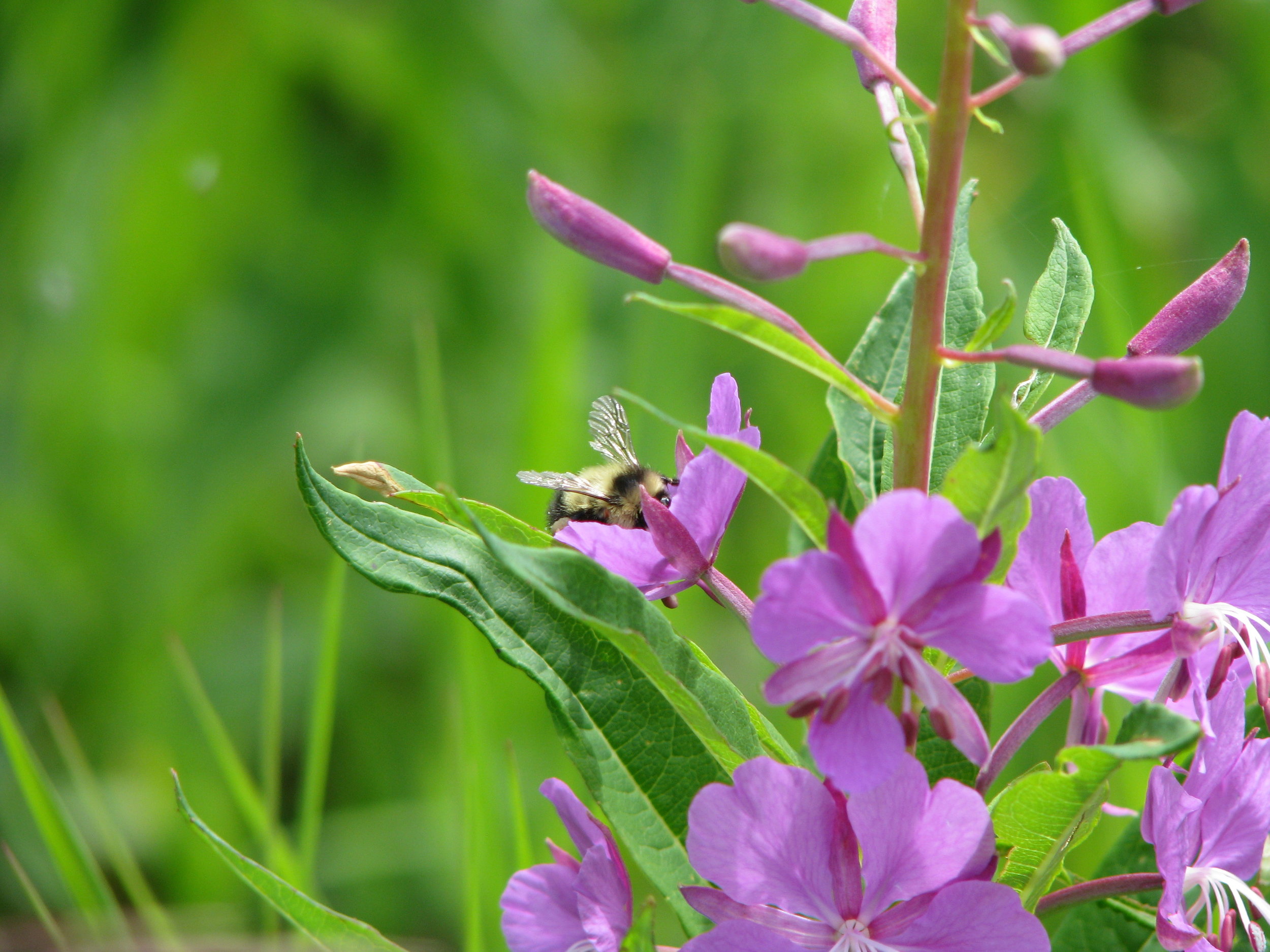Native Pollinators Need Natural Areas
Natural areas are places that are undisturbed, undeveloped or recovering from a disturbance where native plant species can be found. These areas are the best areas for native bees to make their homes.
Pollinators such as Digger Bees, Miner Bees, Sweat Bees and Bumblebees are ground nesting bees. They like to live in untilled, exposed soils. Other bees such as Mason Bees, Leafcutter Bees and Masked Bees prefer fallen deadwood or standing dead trees, as well as wooden blocks or bundles of plants with hollow stems. Natural areas can also provide food for pollinators. Natural areas provide a place for native flower species to grow, which provide food for pollinators when crops are not yet flowering.
Pollinators and Agriculture
Native pollinators making their homes near agricultural fields can be very helpful for farms that grow crops such as canola, vegetables, fruits, or many other flowering plants. These crops are pollinated by insects, while wheat and other grains are pollinated with the help of wind.
When natural areas are found near agricultural fields with crops that require insect pollination, crop yields increase because those natural areas provide habitat for native pollinators.
Canola Farmers in Canada have seen higher profits when they left 30% of the area unplanted, as habitat for native bees. Having native bee habitat close to agricultural crops provides an increased number of visits from the bees, which in turn increases seed crops.
In Germany, a study showed that when strawberries were grown next to a natural area, 90% of the strawberries met commercial standards, while strawberries grown away from natural areas only had 48% reach commercial standards.
This result was echoed in British Columbia with raspberries, cranberries and blueberries.
Pollinators and Your Garden
While you may not be very concerned about maximizing the profit from your garden, having native pollinators nearby can be very helpful. Having more native bees in your garden can increase the amount of fruits and vegetables you can grow! If having native bees near commercial crops of berries can increase the amount, imagine what could happen to your backyard raspberry bush (I am sensing a lot of homemade jam in your future….!)
Native pollinators can also help encourage your flowerbed to increase flower production. When a flower has increased success with producing seeds one year, they will increase the amount of flowers they put out the year after. This will make your yard look even better!
Did you know…?
Alberta is home to over 300 native species of bees but most of these are solitary bees. Solitary bees are not aggressive, unlike other types of social bees that swarm and live in colonies.
Wasps, flies, beetles, butterflies and moths are also important pollinators.
Native bees in Alberta are pollen-collecting bees - they try to obtain as much pollen as possible to bring back to their nests to provide food for their offspring. When they travel to different flowers to collect pollen, the pollen sticks to sacs and hair on their bodies.
Native bees are 2-3 times more effective at pollination than the Honeybee. Honeybees are not as hairy as native bees, and pollen does not stick to them as well as it does to native species.
Honeybees are not native to Alberta, but were brought to Canada by settlers during colonization.
You Can Help Provide Habitat for Native Bees and Pollinators by:
Planting native flower species to provide food for pollinators when crops or garden plants are not yet flowering. The Edmonton Native Plant Society is a great place to get native flowers. (Don’t buy wildflower mixes from garden stores – they often contain weeds!)
Leaving some soil undisturbed around or even incorporated into your garden or field as nesting sites for ground dwelling bees.
Setting up a bee hotel in your back yard. You can find instructions for making your own on our website, or purchase one from our shop!
